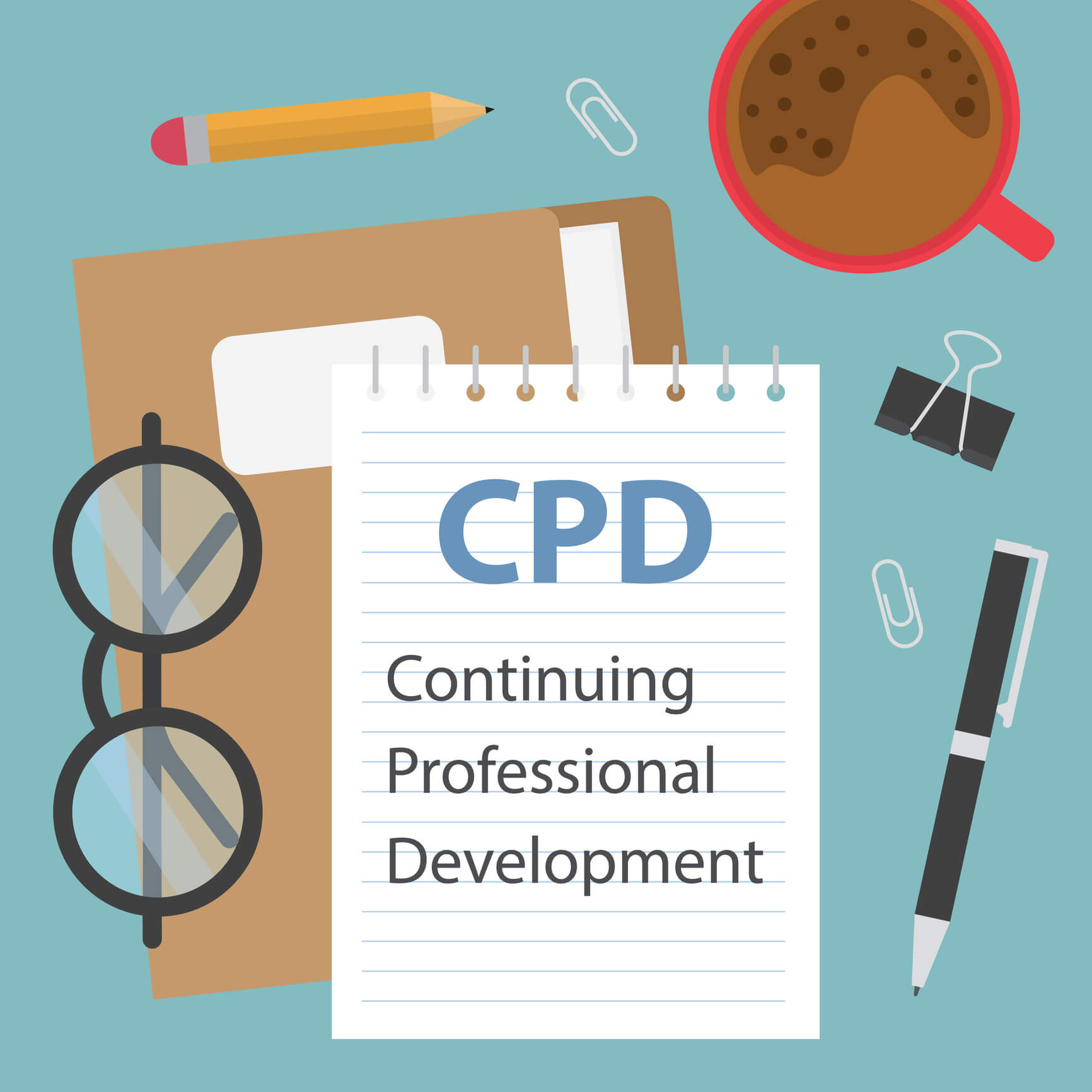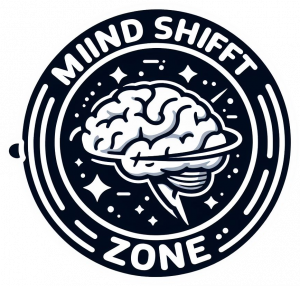Professional development is an important part of upskilling in your career. Chances are, you’ve already engaged in professional development without even knowing it. That’s a good thing – it should be part of every worker’s career path. In this post, we’ll answer the question ‘what is continuing professional development?’. We’ll also zoom in to answer some of the most common questions about it. Whether you’re a career changer or an aspiring leader in your field. You need to understand the benefits of professional development and you can use simple tricks to make it part of your life on the job.
What is continuing professional development?
When you think about continuing professional development, you may think of certification programs or continuing education that you need for your job. Some fields like law and medicine require professionals to regularly take classes. The purpose of these is to stay current in their fields, comply with regulations or renew their membership to certified organisations.
However, that’s just one part of professional development. Your career development involves even non-mandatory education and training events. Continued investment in your skills and your professional network prepares you for an unexpected career change. It also makes you stand out compared to others in your field.
Why does continuing professional development matter to your career?
The nature of work is constantly changing, no matter your field. Job descriptions evolve and trends come and go. Staying ahead of the curve is important if you plan to stay in your industry for a long time or when you need to be adaptable and switch to a different profession. The field of career coaching has changed from finding someone their job for life to helping employees be prepared for their next move.
Even in the last twenty years, many knowledge-based industries have experienced new patterns of work. They come as a result of new technologies and new business models. That means that work is getting more complex and organisations constantly develop new ways of thinking.
As a result, staying on top of your continuing professional development has shifted from being a luxury to being a necessity. You need to keep your skills – whether they’re technical, interpersonal or leadership – up to date to adapt to ever-changing business strategies.
How do you make sure you keep developing?
The simplest way to make sure you stay on top of professional development is to embed several strategies into your day-to-day activities. Whether through formal learning in the classroom or through informal ways like networking. There are tons of ways to develop new skills:
- On-the-job learning happens when you are given opportunities (or seize them for yourself) to work with new colleagues and learn new abilities.
- Coaching and mentoring are commonly part of human resource strategies at structured organisations. You can also seek out your own professional development network by employing your own professional career coach or staying in touch with mentors who help you on your career path.
- Structured learning in the classroom (online and in-person) are offered by educational institutions or professional organisations and can run for several weeks or entire semesters.
- One-off workshops and seminars are often provided by professional organisations and can be great opportunities to build networks and learn about new trends in specific fields.
By embedding these strategies into your work life, professional development becomes second nature.
Your professional development journey
Think of it this way – your professional development journey is like surfing through your career. You want to catch waves that come and go. The waves are like the in-demand skills that accompany business trends. You want to ride that wave and invest in acquiring relevant skills for the hot job market. Eventually, the wave hits a peak and falls. You enjoyed your ride but now you have to anticipate the next wave and look for the new trends.
A good example of surfing is with website design. It was a hot skill when the internet became accessible to millions of people around the world. Now, with the emergence of website building platforms, that skill has less demand than it used to. There are undoubtedly still great opportunities in that field if you know where to look, but a savvy professional catches the wave and rides it until it crests.
When you catch the next wave, you don’t start from scratch – you build on your previous experience and add to your knowledge portfolio in order to excel in your career trajectory.
What if you’re in a job that’s not challenging enough?
If you don’t feel challenged at work then you’re not being given opportunities to improve and succeed. Here are five ways to overcome being underutilised at work:
- Take on more responsibility. It’s not as simple as raising your hand more often at meetings. Try putting yourself out there and speak with your manager about how you feel. Or, if you are self-employed, try taking on more work or work in different fields to keep your knowledge portfolio growing.
- Create goals for yourself. In addition to any project deadlines or tasks that need your attention, try setting your own career development goals to make sure you keep your brain active even if your work isn’t challenging.
- Claim your independence. Don’t rely on others to offer you all the professional development you need. It’s your responsibility to seek it out and look after yourself.
- Create your own side hustle. If your employer isn’t challenging you, look for opportunities outside your day job. Offer your services as an independent contractor or participate in hackathons, which are events where you work with other experts in your field to try to solve a problem. These can help expand your network and improve your skills.
- If things still aren’t working out, try looking for job opportunities elsewhere. For a real challenge, try workplaces and industries that deal with frequent change like technology and commerce.
How do you decide what to focus on in your professional development?
When deciding what skills to acquire, sometimes the best options are obvious. Some classes are endorsed by your profession and may be paid for by your employer. These are great places to start.
Don’t just stop there. Professional development is broad enough to include almost any career goals. Learning skills in new fields can be a great way to supplement your current ones.
Even if you’re not in a technical field, learning about computer science and software development to complement your current skills can open up a future for yourself and help you stay ahead of the job curve.
If you need to finance your own career development opportunities, be sure to check out government funding options. Many public agencies invest in building a talented workforce and that just so happens to be you! Check your regional or national government resources to see if you may be eligible for funding.
Take control of your future
Whether looking for new ways to challenge yourself or to excel in your career, professional development should be part of your professional life. You can really reap the rewards by building the habits into your day to day activities.
Remember – no one is going to look after your career for you, so be sure to consider your professional development seriously. Look for formal and informal learning opportunities, watch for trends and create goals for yourself to take control of your future.
Our career coaches can help you focus your professional development on the areas that will be most beneficial to you and your career. Why not book a 15-minute free introductory call today with one of our career coaches?











